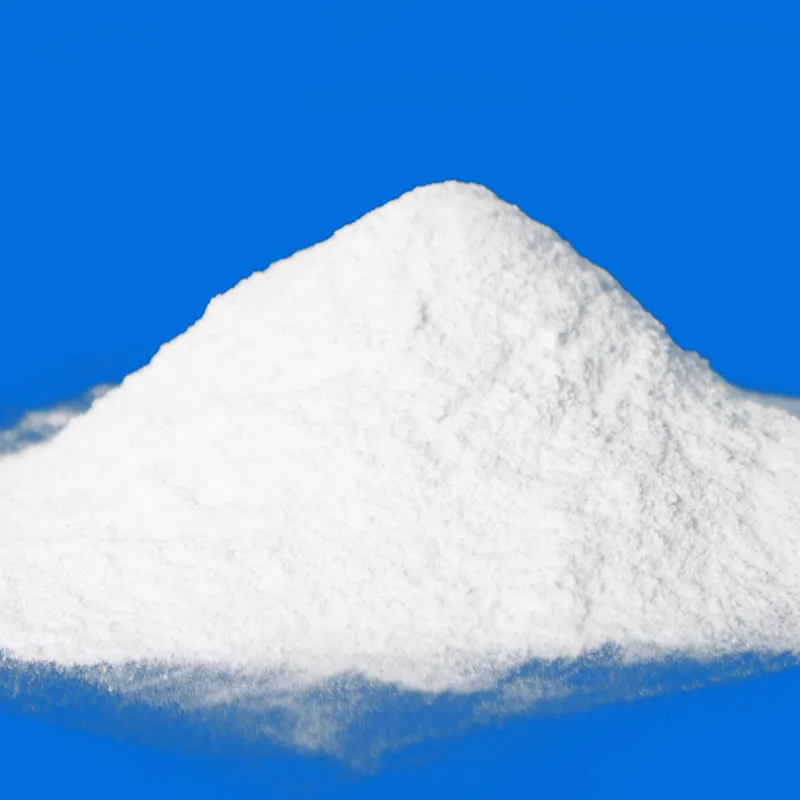
Potassium Sorbate in Food
Potassium Sorbate in Food Safety, Uses, and Concerns
Potassium sorbate is a widely used food preservative recognized for its ability to inhibit the growth of mold, yeast, and some bacteria. As a salt of sorbic acid, potassium sorbate is favored by food manufacturers due to its effectiveness, versatility, and relatively low toxicity compared to other preservatives. As a result, it is commonly found in a variety of food products, including baked goods, dairy items, beverages, and processed snacks.
Potassium Sorbate in Food Safety, Uses, and Concerns
The safety of potassium sorbate has been a topic of discussion among consumers and health professionals alike. According to the U.S. Food and Drug Administration (FDA) and the European Food Safety Authority (EFSA), potassium sorbate is generally recognized as safe (GRAS) when used within recommended limits. The acceptable daily intake (ADI) established by these agencies is set at 0-25 mg per kilogram of body weight. This means that for an average adult weighing 70 kg, the safe daily consumption could be up to 1,750 mg of potassium sorbate without adverse health effects. However, it's crucial for consumers to remain aware of the cumulative intake from various products, especially for those with specific dietary sensitivities or restrictions.
potassium sorbate in food

Despite its safety profile, some consumers express concern regarding the use of potassium sorbate in food. There are anecdotal reports of allergic reactions or sensitivities to the compound, particularly in individuals with specific predispositions. Additionally, there is growing interest in clean-label products, prompting many brands to seek preservatives that align with consumer demands for natural ingredients. In response, some companies opt for alternatives such as vinegar or citric acid, which can also act as effective preservatives without the use of synthetic compounds.
Another noteworthy aspect of potassium sorbate's use in food is its role in vegan and vegetarian products. Unlike some preservatives that may derive from animal sources, potassium sorbate is synthesized chemically and is thus suitable for plant-based diets. This has contributed to its popularity in products targeting health-conscious and ethically-minded consumers.
In conclusion, potassium sorbate is a prevalent food preservative known for its efficacy in extending the shelf life of various products. While deemed safe by regulatory authorities, individuals should remain informed about their overall intake of food additives. As consumer preferences continue to evolve towards more natural and clean-label products, the use of potassium sorbate may see shifts in popularity, but its role in the food industry is likely to remain significant for the foreseeable future. Ultimately, understanding the balance between food safety, preservation, and consumer health concerns is fundamental in navigating the modern food landscape.
-
Comprehensive Guide to Acetic Acid as Preservative: Benefits, Uses & Future TrendsNewsNov.24,2025
-
What Is a Food Additive? Global Insights, Applications & Future TrendsNewsNov.24,2025
-
968 Sweetener: The Modern Solution for Health-Conscious SweeteningNewsNov.23,2025
-
Discover the Benefits and Uses of 965 Sweetener (Erythritol) | Tenger ChemicalNewsNov.23,2025
-
961 Sweetener - A Next-Gen Sugar Alternative for Health and IndustryNewsNov.23,2025
-
Understanding 960 Sweetener: The Modern Sugar Alternative for Health and IndustryNewsNov.22,2025
-
Everything You Need to Know About 955 950 Sweeteners – Benefits, Uses, and TrendsNewsNov.22,2025
Hebei Tenger Chemical Technology Co., Ltd. focuses on the chemical industry and is committed to the export service of chemical raw materials.
-

view more DiethanolisopropanolamineIn the ever-growing field of chemical solutions, diethanolisopropanolamine (DEIPA) stands out as a versatile and important compound. Due to its unique chemical structure and properties, DEIPA is of interest to various industries including construction, personal care, and agriculture. -

view more TriisopropanolamineTriisopropanolamine (TIPA) alkanol amine substance, is a kind of alcohol amine compound with amino and alcohol hydroxyl, and because of its molecules contains both amino and hydroxyl. -

view more Tetramethyl Thiuram DisulfideTetramethyl thiuram disulfide, also known as TMTD, is a white to light-yellow powder with a distinct sulfur-like odor. It is soluble in organic solvents such as benzene, acetone, and ethyl acetate, making it highly versatile for use in different formulations. TMTD is known for its excellent vulcanization acceleration properties, which makes it a key ingredient in the production of rubber products. Additionally, it acts as an effective fungicide and bactericide, making it valuable in agricultural applications. Its high purity and stability ensure consistent performance, making it a preferred choice for manufacturers across various industries.





